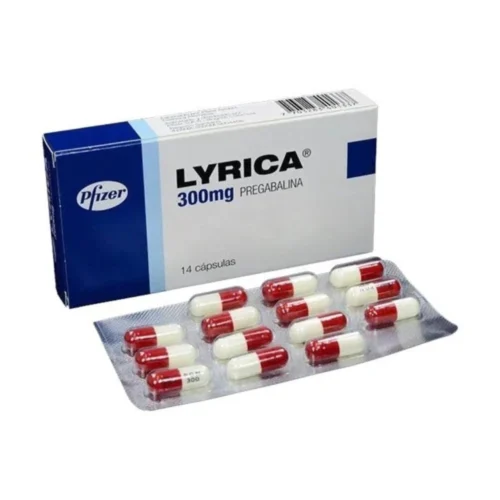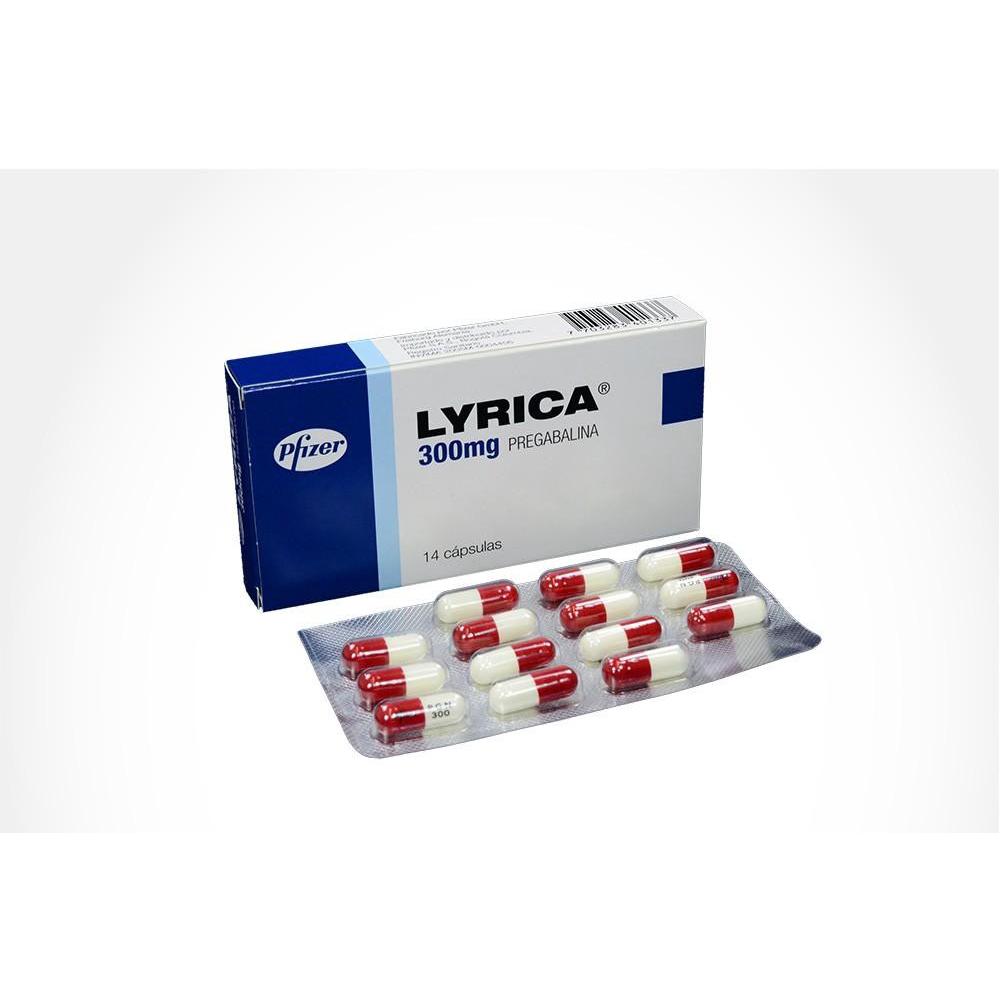Lyrica (Pregabalin)
Lyrica, the brand name for pregabalin, is a prescription medication approved for treating nerve pain, epilepsy, fibromyalgia, and generalized anxiety disorder (GAD). Unlike opioids, Lyrica works by calming overactive nerve signals in the brain and spinal cord.
Approved by the U.S. FDA in 2004 and widely used in the UK under the NHS, Lyrica has become one of the most commonly prescribed medicines for chronic neuropathic pain.
Medical Uses of Lyrica
Doctors may prescribe Lyrica for several conditions where nerve sensitivity plays a role:
-
Neuropathic pain (e.g., diabetic nerve pain, post-herpetic neuralgia after shingles, sciatica)
-
Fibromyalgia (widespread chronic pain condition)
-
Epilepsy (used as an add-on therapy for partial seizures)
-
Generalized Anxiety Disorder (GAD) (approved in Europe & UK, sometimes prescribed off-label in the USA)
-
Spinal cord injury-related nerve pain
How Lyrica Works
Lyrica does not work like opioids or traditional painkillers. Instead, it attaches to the alpha-2-delta subunit of calcium channels in the nervous system. This reduces the release of certain neurotransmitters, calming hyperactive nerves that cause pain, seizures, or anxiety symptoms.
Effects include:
-
Reduced nerve pain
-
Stabilized mood in anxiety disorders
-
Lowered seizure activity
-
Improved sleep in chronic pain patients
Side Effects of Lyrica
Like all prescription medications, Lyrica has potential side effects.
Common side effects:
-
Dizziness
-
Drowsiness
-
Weight gain
-
Swelling in hands and feet (edema)
-
Blurred vision
-
Dry mouth
Serious risks include:
-
Allergic reactions (rash, swelling, difficulty breathing)
-
Suicidal thoughts or mood changes (rare but possible)
-
Misuse or dependence, especially at higher doses
Dosage and Formulations
Lyrica comes in capsule, oral solution, and extended-release tablet forms. Typical dosages range from 75mg to 600mg daily, divided into two or three doses depending on the condition being treated.
Doctors usually start with a low dose and gradually increase to reduce side effects.
Lyrica Misuse and Dependence
Although not as addictive as opioids, Lyrica misuse has increased in recent years. Some people take higher-than-prescribed doses for euphoria or sedation, which can lead to dependence.
Public health agencies recommend:
-
Monitoring patients on long-term Lyrica
-
Avoiding combination with alcohol or sedatives
-
Gradual tapering when stopping to avoid withdrawal
Lyrica (pregabalin) is a widely prescribed medication for nerve pain, fibromyalgia, seizures, and anxiety disorders. While it provides effective relief for many patients, it must be used responsibly under medical guidance due to potential side effects and risks of misuse.


Reviews
There are no reviews yet.